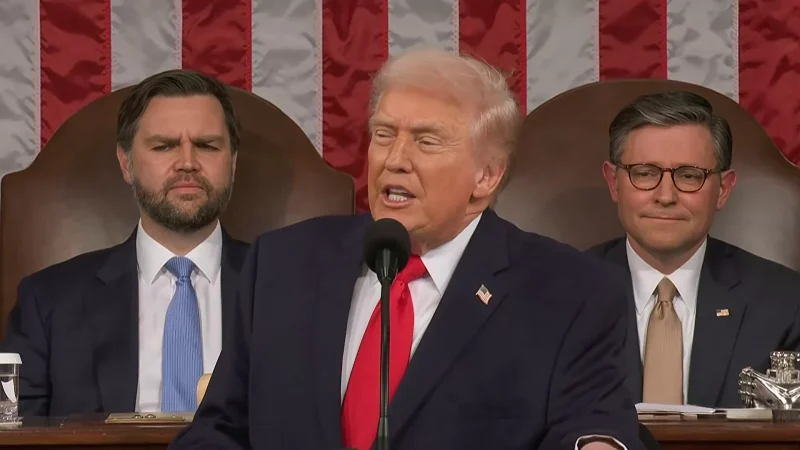
By Phil Riske | Senior Reporter/Writer
 ernanda Santos is a Southwest Borderlands Initiative professor of practice at Arizona State University’s Walter Cronkite School of Journalism and Mass Communication and the award-winning author of “The Fire Line: The Story of the Granite Mountain Hotshots.” She is a veteran journalist who worked for The New York Times for 12 years, most recently as its Phoenix Bureau chief.
ernanda Santos is a Southwest Borderlands Initiative professor of practice at Arizona State University’s Walter Cronkite School of Journalism and Mass Communication and the award-winning author of “The Fire Line: The Story of the Granite Mountain Hotshots.” She is a veteran journalist who worked for The New York Times for 12 years, most recently as its Phoenix Bureau chief.
Rose Law Group Reporter interviewed her this week.
Was it difficult to leave the nation’s leading newspaper?
No. I loved every single day I worked for The New York Times, but I wanted to have more control over where and how I used my energy and skills, more say over the types of stories I covered, and more time to develop them. (Time is a rare commodity in dally journalism.) After 12 years, I was ready for a new challenge.
What was the most memorable story you’ve covered?
Stories are memorable for different reasons. Sometimes, it’s the amazing setting; every trip I made to the Navajo reservation felt like a blessing, but I’m particularly attached to the story of a woman whose job is to distribute water to Navajo families who don’t have access to drinking water because it presented a problem and a solution. Some stories are memorable because of the people you meet; others, because of the depth of the tragedy it involves. I’ve covered my fair share of tragic stories in my 20 years as a newspaper journalist. The story of the Granite Mountain Hotshots, the 19 firefighters killed in the Yarnell Hill Fire, gripped me in a way that none other had. It had rich characters – young, ambitious and well-trained men who risked their lives to do an important job most people know nothing about. It had a unique set of circumstances – raging flames burning through thick, parch wild lands that outsmarted a team of experienced commanders directing the fire fight. And it had a winning narrative, anchored on a group of firefighters who believed they were stronger as a team, and who worked as a team. I ended up writing a book on these men and the fire that killed them, “The Fire Line.” It’s my first book.
The news media, especially The New York Times, are under attack from the Administration and Trump supporters. What do you say to those critics?
This question only covers one side of the issue. Criticism these days – of The Times, of other newspapers, and of responsible journalism as a whole – comes from both sides of the aisle. I don’t have a problem with criticism that is grounded on logic and facts. It makes all of us better people and better professionals.
One problem these days is that people are looking to have their opinions affirmed by the media. The job of journalism is not to confirm anyone’s biases. It is to challenge them. Every step I’ve climbed on the ladder happened because I was challenged somehow and figured out how to overcome the challenge or work with it. I’m just sorry because it seems like a lot of people can’t stand to be challenged anymore.
What is the most important thing journalism students need to know in this era of rapidly changing journalism?
That adaptability is a skill each of them needs to hone. Change is unsettling if you’re not adaptable, and journalism has seen and will continue to see many changes. I say embrace these changes, recognize how you can play a role in these changes, and see every one of these changes as an opportunity to grow.






